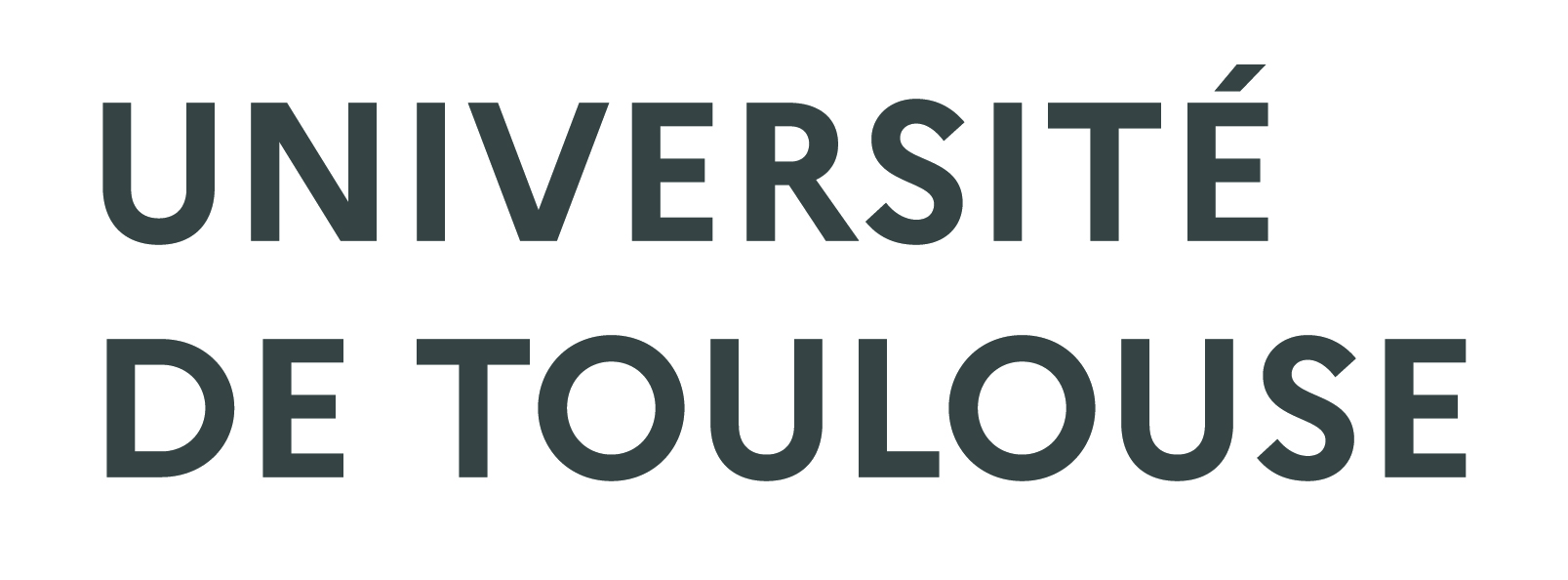Long-Term Follow-up Study after Lentiviral Hematopoietic Stem/Progenitor Cell Gene Therapy for Wiskott - Aldrich Syndrome
Résumé
Wiskott Aldrich syndrome (WAS) is a rare X-linked primary immunodeficiency associated with thrombocytopenia, eczema, infectious, autoimmune complications, and lymphomas. Patients lacking an HLA-matched donor may benefit from an alternative therapeutic approach based on the infusion of autologous gene corrected CD34+ cells. We previously reported a non-randomised, open-label, phase 1/2 clinical study applying a lentiviral vector based gene therapy (GT) protocol in 7 paediatric patients with severe WAS (score ≥ 3/5) (S. Hacein-Bey Abina et al, JAMA 2015). One patient died 7 months after GT because of pre-existing severe opportunistic infections, as reported. Two additional patients have been treated since that initial report, with a follow-up of at least 4 years. We here present a comprehensive long-term study on 8 patients with a follow-up from 4 to 9 years (median 7.6). The safety and efficacy of the approach is thoroughly investigated, with a particular focus on the correction of thrombocytopenia and auto-immunity. A stable engraftment of genetically and functionally corrected lymphoid and myeloid cells was reached in all patients, with no serious treatment-associated adverse events or concerning clonal expansion. Corrected lymphoid cells displayed a selective advantage over time with increasing vector copy number (VCN) level. In turn, this led to (i) sustained expression of WAS protein (WASp) in the patients' cells and (ii) clinical resolution of severe eczema and susceptibility to recurrent infections. In line with these results, T-cell function was restored after GT, as shown by the recovery of immune synapse assembly and the normalization of naïve T cell numbers. The T-cell compartment was also reconstituted in the patient treated at the age of 30 years, suggesting that GT for WAS is a treatment option in adult patients. In parallel with the robustness of T-cell reconstitution a normalized B-cell compartment was observed after GT, as shown in particular by increasing levels of WASp + switched memory B cells over time and the age-matched levels of KRECs. Five patients out of 8 were able to discontinue Ig replacement therapy while achieving normal post-vaccination antibody titers. Autoimmune disorders and bleeding episodes were significantly less frequent, despite only partial correction of the platelet compartment. After GT, a few autoimmune manifestations were observed: the persistence of lower extremity vasculitis (P2, very severe prior to GT), the new occurrence of nephrotic syndrome (P9), and the presence of anti-platelet antibodies (P2, P4, P7). The levels of circulating autoantibodies detected before GT (including ANA and vasculitis-related autoantibodies) normalized after treatment. Following GT, platelets were found to express sub-normal levels of WASp and to only partially augment their size. Platelet function studies indicated a partial correction of the platelet compartment achieved by GT, which may be sufficient to prevent occurrence of the hemorrhagic symptoms typical of WAS. Our results suggest that lentiviral GT provides sustained clinical benefits for patients with WAS. Overall clinical remission was observed in our patients despite very severe disease scores before GT. More efficacious and more reliable transduction protocols and conditioning regimen are likely to further improve outcomes, particularly with regard to platelet recovery, where the advantages of intrinsic correction are less apparent. Disclosures Booth: Orchard Therapeutics: Consultancy, Honoraria; SOBI: Consultancy, Honoraria; Takeda: Honoraria; GSK: Honoraria; Rocket Pharmaceuticals, Inc.: Consultancy. Thrasher: Orchard Therapeutics: Consultancy, Current equity holder in publicly-traded company, Membership on an entity's Board of Directors or advisory committees; Generation bio: Consultancy, Current equity holder in publicly-traded company, Membership on an entity's Board of Directors or advisory committees; 4Bio Capital: Consultancy, Membership on an entity's Board of Directors or advisory committees; Rocket Pharmaceuticals: Consultancy, Membership on an entity's Board of Directors or advisory committees. Cavazzana: Smart Immune: Other: co-founder.

